All Stories
-
 Animals
AnimalsDog-paddle science debunks notion of underwater trot
From Newfoundlands to Yorkshire terriers, canines swim with similar, distinctive gait.
By Susan Milius -
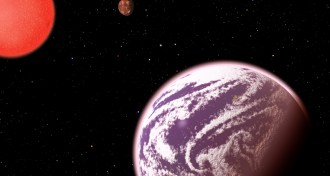 Astronomy
AstronomyEarth-mass planet resembles a mini-Neptune
KOI-314c, an exoplanet 200 light-years away, is about 60 percent larger than Earth but made mostly of gas.
By Andrew Grant -
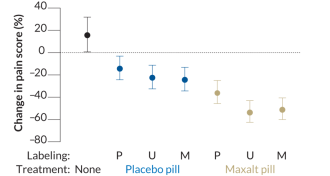 Psychology
PsychologyMigraines respond to great expectations
Patients get more pain relief from drug and placebo labeled as headache busters than from those labeled as dummy pills.
By Bruce Bower -
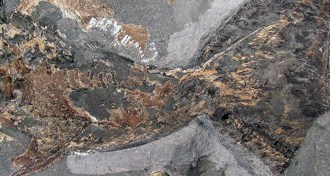
Extinct ocean reptiles now appear in color
Fossilized turtle, mosasaur and ichthyosaur tissue holds skin pigments that give scientists clues about what the animals looked like and how the coloration may have helped in colder climates.
-
 Chemistry
ChemistryBattery blueprint promises green energy storage
A device that relies on organic molecules could cheaply bank power from renewable sources.
By Beth Mole -
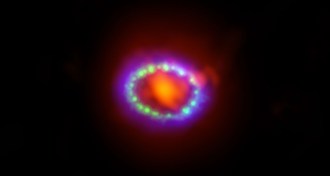 Astronomy
AstronomySupernova is a dust factory
Grains of matter spewed by stellar explosion offer clues to early star formation.
By Andrew Grant -
 Health & Medicine
Health & MedicineBabies tune in to happy sounds
High pitched, cutesy voices prove irresistible to infants.
-
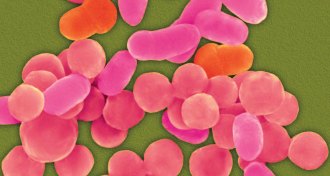 Microbes
MicrobesMe and my microbiome
Tina Hesman Saey tries out new services offering clients a peek at their own bacteria.
-
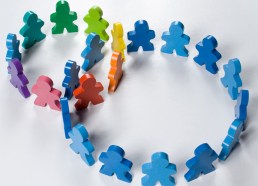
Social networks stay small despite social networking
When adding new friends to social circles, people unconsciously bump others out, keeping social circles small and finite.
-
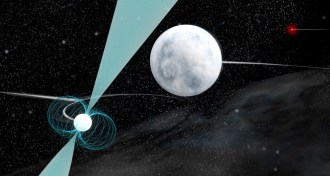 Astronomy
AstronomyUnusual three-star system promises new test of gravity
A unique stellar threesome could help astronomers test the leading theory of gravity to unprecedented precision.
-
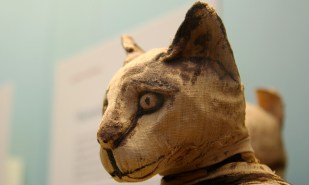 Archaeology
ArchaeologyAnimal mummies were a message direct to the gods
A new theory about the purpose of animals mummified by ancient Egyptians proposes that the cats, ibises and other dead critters were more than just simple sacrifices.
-
 Life
LifeDeadly influenza could strike aboriginal groups hardest
Native Alaskans and Australians tend to lack potent flu-fighting immune cells.